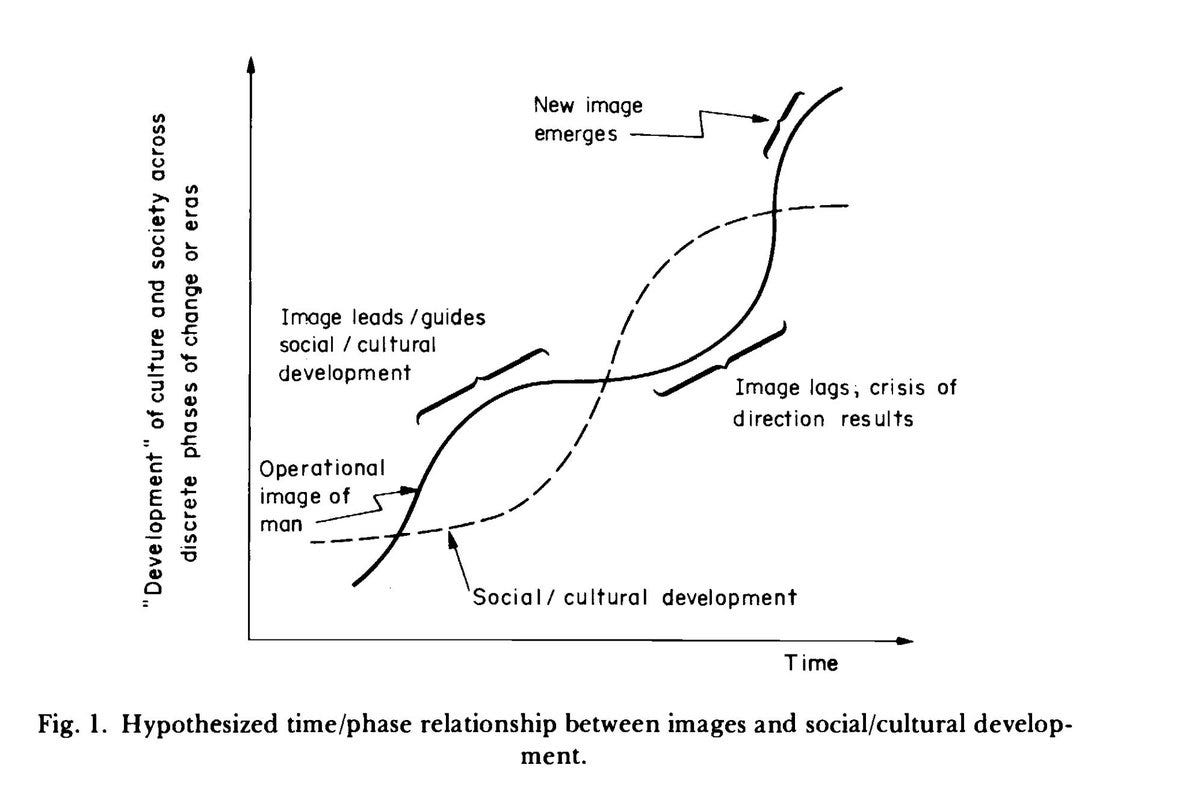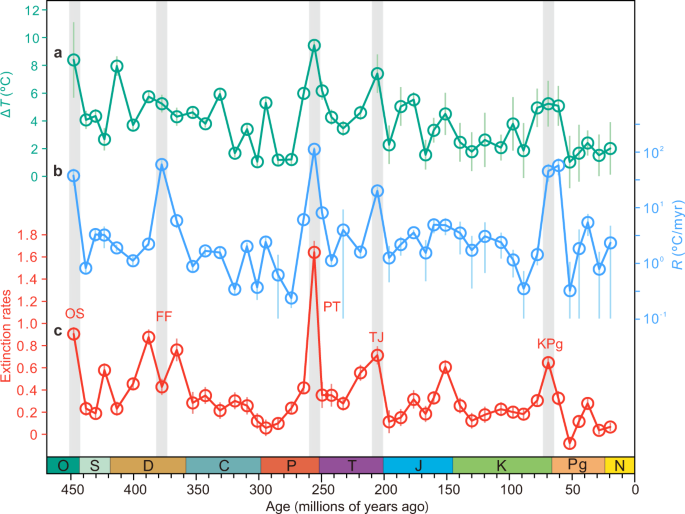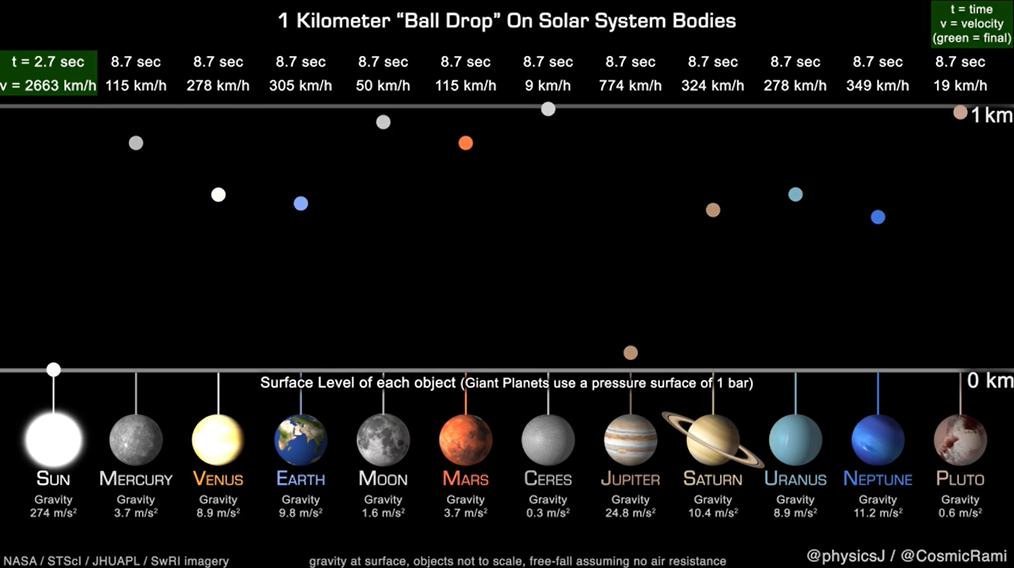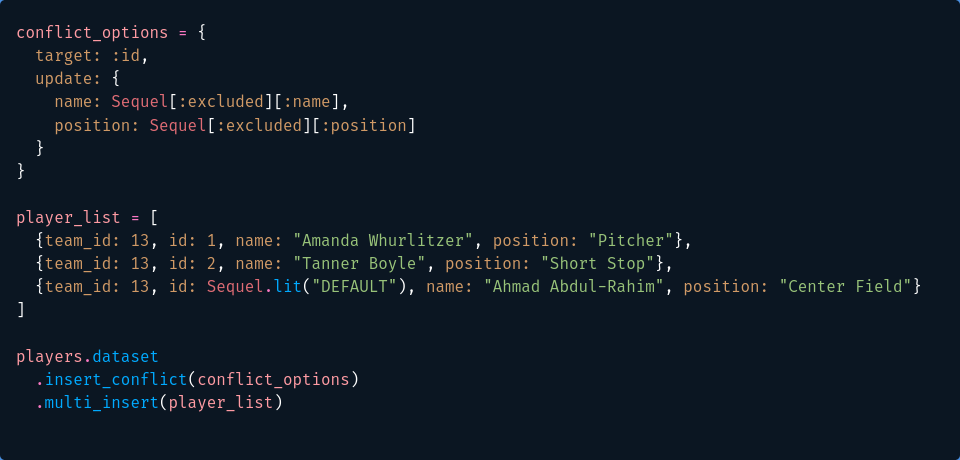
Mass society - Wikipedia
1800s: Martineau · Tocqueville · Marx · Spencer · Le Bon · Ward · Pareto · Tönnies · Veblen · Simmel · Durkheim · Addams · Mead · Weber · Du Bois · Mannheim · Elias
Mass society is a concept that describes modern society as a monolithic force and yet a disaggregate collection of individuals. The term is often used pejoratively[ 1] to refer to a society in which bureaucracy and impersonal institutions have replaced some notion of traditional society, leading to social alienation.
In a sense, all societies are mass societies, but the term typically refers to a developed countries that possess a mass culture and large-scale social, political and economic institutions which structure daily life for the majority of people.[ 2] In modern times the term has taken on more importance and broader scope with the advent of mass media and the internet.
Descriptions of society as a "mass" took form in the 19th century, referring to the leveling tendencies in the period of the Industrial Revolution that undermined traditional and aristocratic values, and replaced monarchy with various forms of liberal democracy. Political theorists such as Alexis de Tocqueville analyzed mass society and pinpointed its beginning in the French Revolution.






















